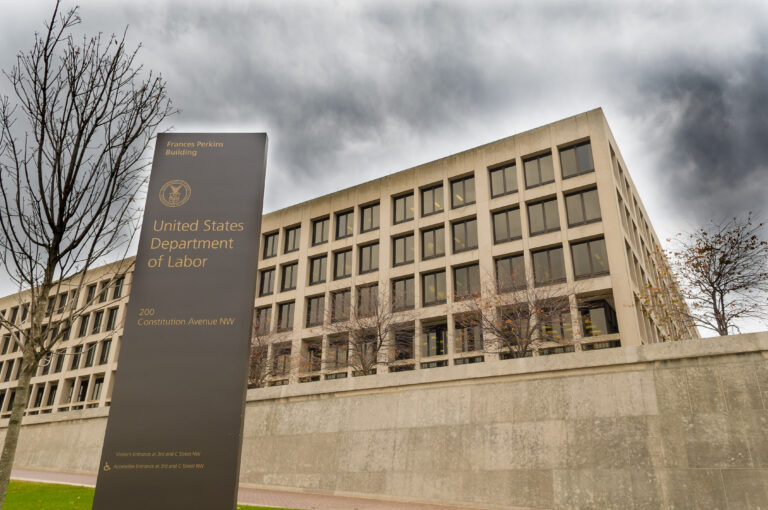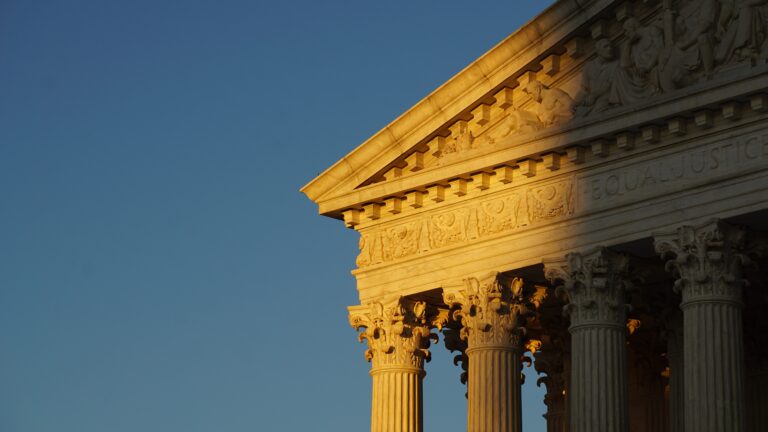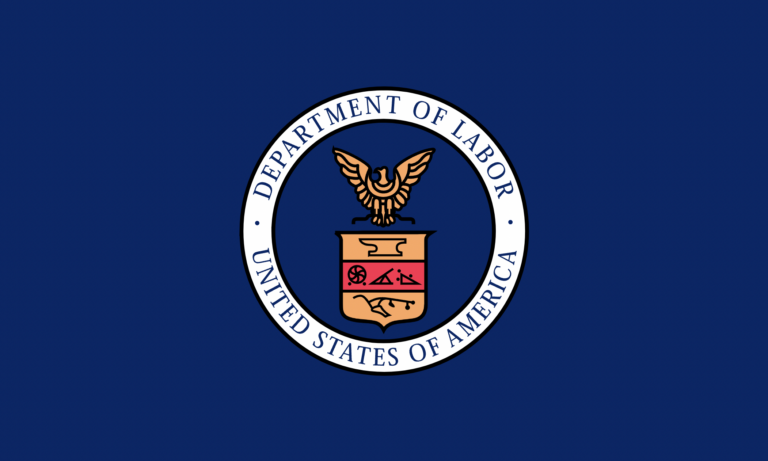
Alex Blutman is a student at Harvard Law School and a member of the Labor and Employment Lab.
The Supreme Court has agreed to hear an appeal in Kennedy v. Bremerton School District, in which former high school football coach Joe Kennedy is challenging the school district’s ability to prohibit his practice of kneeling to pray on the field after his team’s games. The high court will hear the case after earlier denying Kennedy’s request for an order restoring his job and allowing him to pray, which sent the case back to the appellate court, where a three-judge panel ruled for the school district and denied review by the full Ninth Circuit. Kennedy argues that his “acts of personal devotion” constitute instances of private expression that his public employer may not regulate. The school district contends that Kennedy was speaking in his capacity as a coach and employee when he engaged in prayer at the 50-yard line while the field and stands remained uncleared. The case is a chance for the court to clarify the doctrine and indicate what test it uses to determine when a public employee’s exercise of religion might cause the government to violate the Establishment Clause.
On February 3, the House Committee on Oversight and Reform will hold a “hybrid roundtable” with former employees of the Washington Football Team who are set to share firsthand accounts of the workplace misconduct that led to an investigation of the club overseen by the NFL and a $10 million fine, as well as the ouster of Las Vegas Raiders Head Coach Jon Gruden when racist and misogynistic emails that he wrote leaked to the public. After reports of sexual harassment and inappropriate workplace conduct in the team’s front office prompted an investigation by noted attorney Beth Wilkinson, the House Oversight Committee demanded that the NFL share with it documents and information over concerns that the league was not being transparent about the issues discovered within the Washington Football Team. The league has not released a report from the investigation, and the roundtable now seeks to solicit information from former employees directly.
The college athlete plaintiffs in Johnson v. NCAA responded to a motion filed by the NCAA asking the Eastern District of Pennsylvania to reconsider its decision to deny the organization’s motion for interlocutory appeal. In late December, the NCAA moved for immediate appeal to the U.S. Court of Appeals for the Third Circuit after the Eastern District of Pennsylvania found that the plaintiffs could pursue their FLSA claims. The trail court denied the motion, and the NCAA moved for reconsideration earlier this month. The plaintiffs contend that the NCAA had the opportunity to raise its new arguments in their original petition and that the court should not allow them a “second bite at the apple.” Meanwhile, Iowa Rep. Bruce Hunter introduced a bill in the state legislature that would classify athletes at Iowa state schools as public employees and would empower the Iowa Board of Regents to “fix their compensation” as it does for university presidents, treasurers, professors, and other employees.
The Washington Nationals defended their firing of two unvaccinated minor league employees in an answer to the employees’ suit that the team violated their religious rights by denying them an exemption from the club’s COVID-19 vaccination policy. The team argued that the terminated employees do not maintain sincerely held religious briefs that conflict with the vaccination policy, and therefore, the employees were terminated based on legitimate, non-discriminatory and non-retaliatory factors.
Major League Baseball and the MLB Players Association made some progress this week in their negotiations over a new collective bargaining agreement as the league’s lockout of the players remains in effect. The two sides met January 24, and the union’s modified proposal, which dropped its request for age-based free agency and cut the amount of revenue sharing it asked the league to funnel away from small-market teams, facilitated a more productive set of discussions. That momentum continued the next day, when MLB acknowledged a willingness to adopt a pre-arbitration bonus pool (from which money would be distributed to top pre-arbitration players) and raise the starting minimum salary for first-year players, although the two sides remain apart on the magnitude of these changes. Still, the negotiations offer some optimism that an agreement could be reached in time for spring training camps to open as scheduled.










Daily News & Commentary
Start your day with our roundup of the latest labor developments. See all
June 30
Antidiscrimination scholars question McDonnell Douglas, George Washington University Hospital bargained in bad faith, and NY regulators defend LPA dispensary law.
June 29
In today’s news and commentary, Trump v. CASA restricts nationwide injunctions, a preliminary injunction continues to stop DOL from shutting down Job Corps, and the minimum wage is set to rise in multiple cities and states. On Friday, the Supreme Court held in Trump v. CASA that universal injunctions “likely exceed the equitable authority that […]
June 27
Labor's role in Zohran Mamdani's victory; DHS funding amendment aims to expand guest worker programs; COSELL submission deadline rapidly approaching
June 26
A district judge issues a preliminary injunction blocking agencies from implementing Trump’s executive order eliminating collective bargaining for federal workers; workers organize for the reinstatement of two doctors who were put on administrative leave after union activity; and Lamont vetoes unemployment benefits for striking workers.
June 25
Some circuits show less deference to NLRB; 3d Cir. affirms return to broader concerted activity definition; changes to federal workforce excluded from One Big Beautiful Bill.
June 24
In today’s news and commentary, the DOL proposes new wage and hour rules, Ford warns of EV battery manufacturing trouble, and California reaches an agreement to delay an in-person work mandate for state employees. The Trump Administration’s Department of Labor has advanced a series of proposals to update federal wage and hour rules. First, the […]